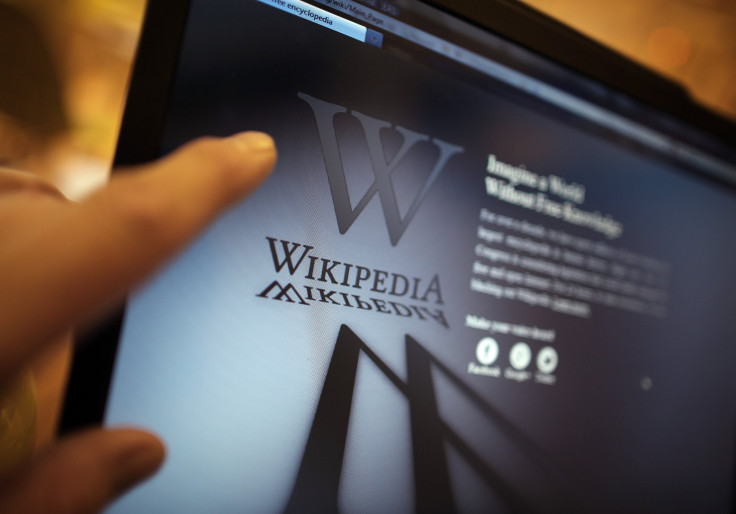Russian Watchdog Agency Ordered Wikipedia Page Containing Drug-Making Recipe To Be Blocked

Roskomnadzor, Russia’s federal communications watchdog, ordered Internet providers Monday to block a Russian Wikipedia page that contained an illegal drug recipe, SputnikNews reported. Wikipedia was warned last week by the watchdog the website could be blocked if it refused to delete the article.
“The illegal nature of the information published in Wikipedia has been confirmed by experts and a relevant ruling of the Russian Federal Drug Control Service," Roskomnadzor said, adding Russian Internet providers had been ordered to block access to the page," the Russian news agency Tass reported.
Earlier in the month, Roskomnadzor received a request from a Russian court to blacklist Wikipedia if the website did not delete the controversial article, which contained banned information on a type of cannabis.
The Russian government has threatened to ban Wikipedia over a page explaining charas http://t.co/UfF4RMDZdz pic.twitter.com/G05JdKRWr2
— The Independent (@Independent) August 21, 2015A voluntary group that controls Wikipedia’s operations in Russia said the website would not delete the article because the information was taken from a U.N. article, and all the information was academic. The article was edited and moved to a different URL following Roskomnadzor's warning, nonstate news agency RBC reported on its website, Reuters reported.
"Actions taken by the administrators of the Russian segment of the Internet encyclopedia to move the article in question to a new URL did not restrict access to the information declared illegal by courts," Roskomnadzor said in a statement on its website.
Roskomnadzor’s ruling could affect Wikipedia as a whole and not just the page that contained the controversial article, and therefore Wikipedia would appeal the decision to pull the page, said Vladimir Medeiko, the head of Wikipedia RU, Tass reported.
"Wikipedia uses a protected protocol, which does not allow providers … [to] determine what pages the user is reading," Medeiko told Govorit Moskva radio, Tass reported. "Therefore, users will have no access to all Wikipedia pages.”
A black banner was posted at the top of the webpage Monday evening that said the website could be blocked "in the near future."
Russian President Vladimir Putin said last year Russia will begin gradually closing websites that promote violence and extremism, which are prohibited from being distributed under the Russian Constitution. The country adopted a law in 2014 that required websites and webpages visited by an average of 3,000 users per day to be registered with Roskomnadzor.
© Copyright IBTimes 2025. All rights reserved.






















